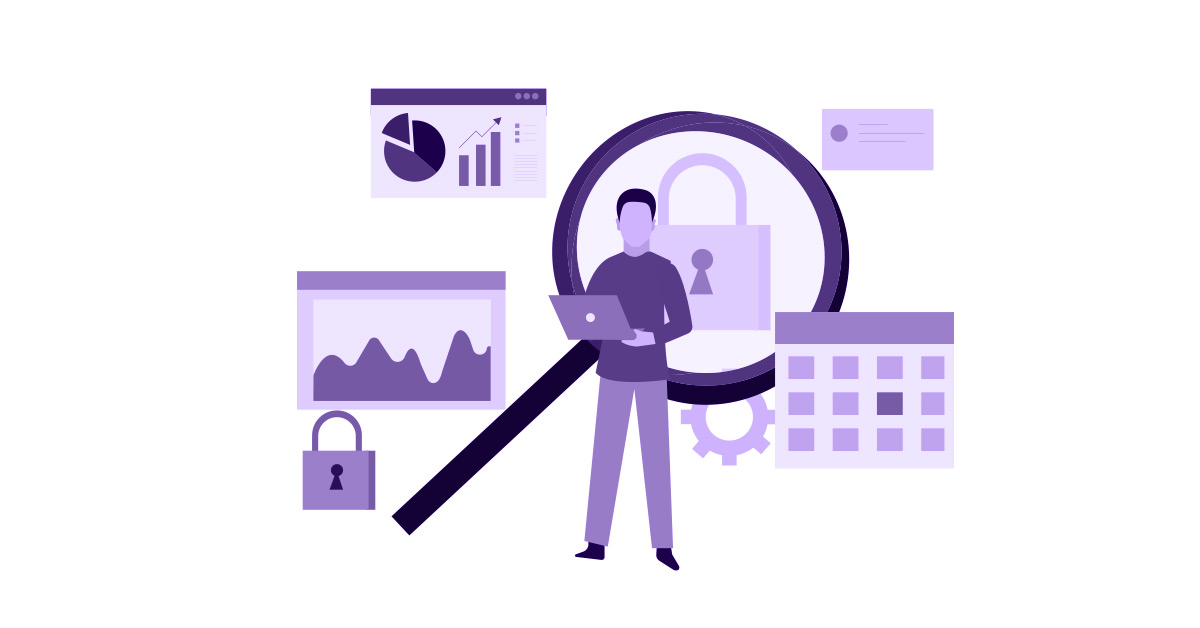Virtual Data Rooms for Startups: Everything You Need to Know
The purpose of this blog is to educate startup founders and stakeholders on the significance and advantages of virtual data rooms (VDRs).


Employee Stock Option Plans (ESOPs) have become one of the most powerful tools for attracting, retaining, and motivating talent. They align employees with long-term corporate success and can turn team members into true stakeholders. But behind the excitement of equity ownership lies a critical and often overlooked pillar: data privacy and confidentiality.
When a company implements ESOPs, it is not just offering stock it is entrusting an external partner or consultant with sensitive employee and corporate data. If mishandled, the consequences are far-reaching: regulatory fines, loss of employee trust, reputational damage, and even derailment of IPO or funding milestones.
This makes your choice of ESOP Advisory and ESOP Platform partner a decision that goes far beyond costs or features.
Designing and managing an ESOP requires access to information that is deeply personal and strategically sensitive:
This is not “nice-to-have” HR data it is highly sensitive personal and corporate information. Once compromised, it cannot be undone.
Frameworks like GDPR (EU), DPDP Act (India), and CCPA (California) impose strict obligations on how employee data is collected, processed, stored, and transferred. Companies can be directly held liable if their partners fail to comply.
ESOPs are designed to build loyalty. But if employees feel their PAN, Aadhaar, or financial details are at risk, the ESOP scheme itself may lose credibility.
For global companies, ESOP data often flows across jurisdictions. A weak partner without robust privacy protocols exposes companies to international legal risks.
A single data breach in ESOP-related records can delay IPO filings, trigger board-level investigations, or attract unwelcome media attention.

When selecting your ESOP Advisory and ESOP Platform partner, data privacy must be non-negotiable. Here are five must-have checks:
When you roll out ESOPs, your employees see it as a reward, a sign of trust. A privacy breach flips that narrative into a liability. The choice of ESOP partner is, therefore, not just about features like grant dashboards or reporting it is about protecting your people, your reputation, and your compliance standing.
In today’s digital world, ESOPs are more than equity, they are data-driven ownership structures. The partner you choose to design and manage them becomes a custodian of your company’s most sensitive information.
So when you evaluate ESOP partners, don’t just ask: “How will you design my plan?”
Ask: “How will you protect my employees’ data and my company’s trust?”
In ESOPs, the right partner doesn’t just deliver ownership, they safeguard it.
